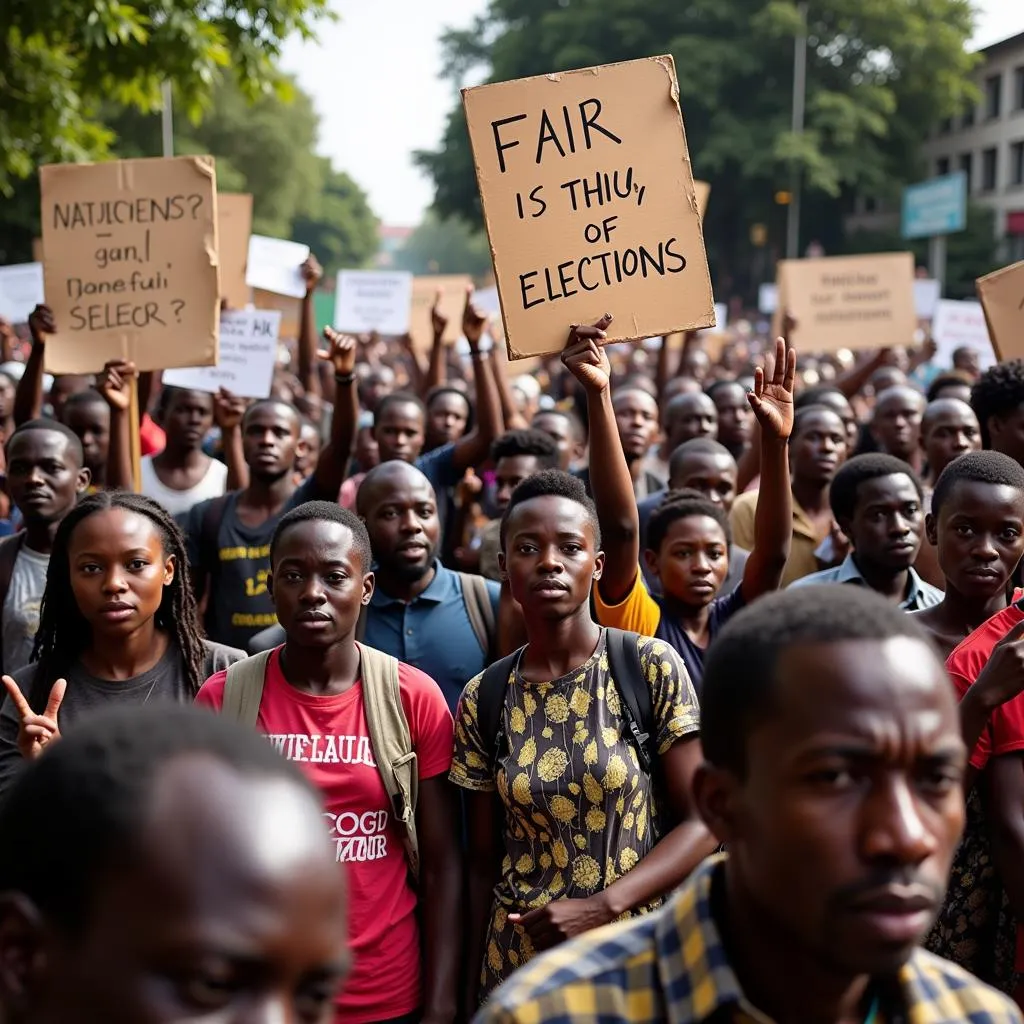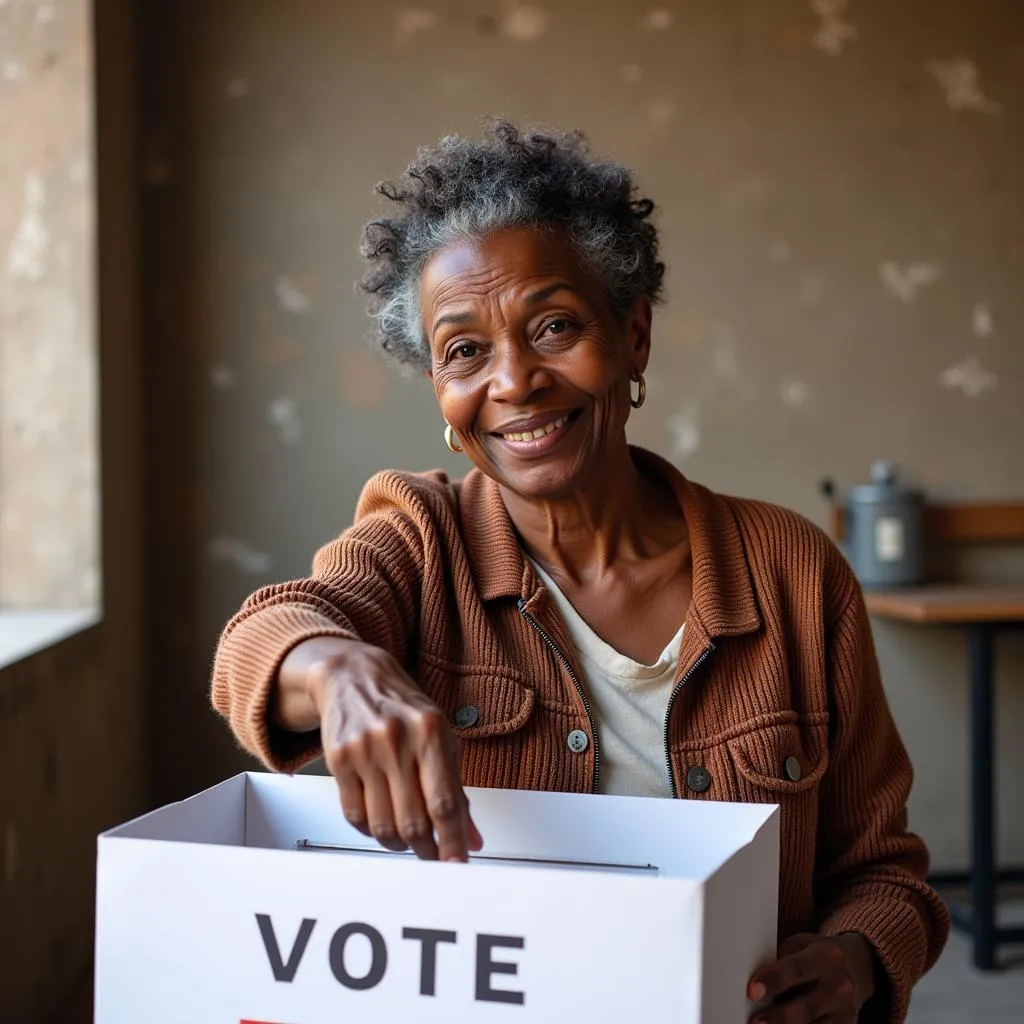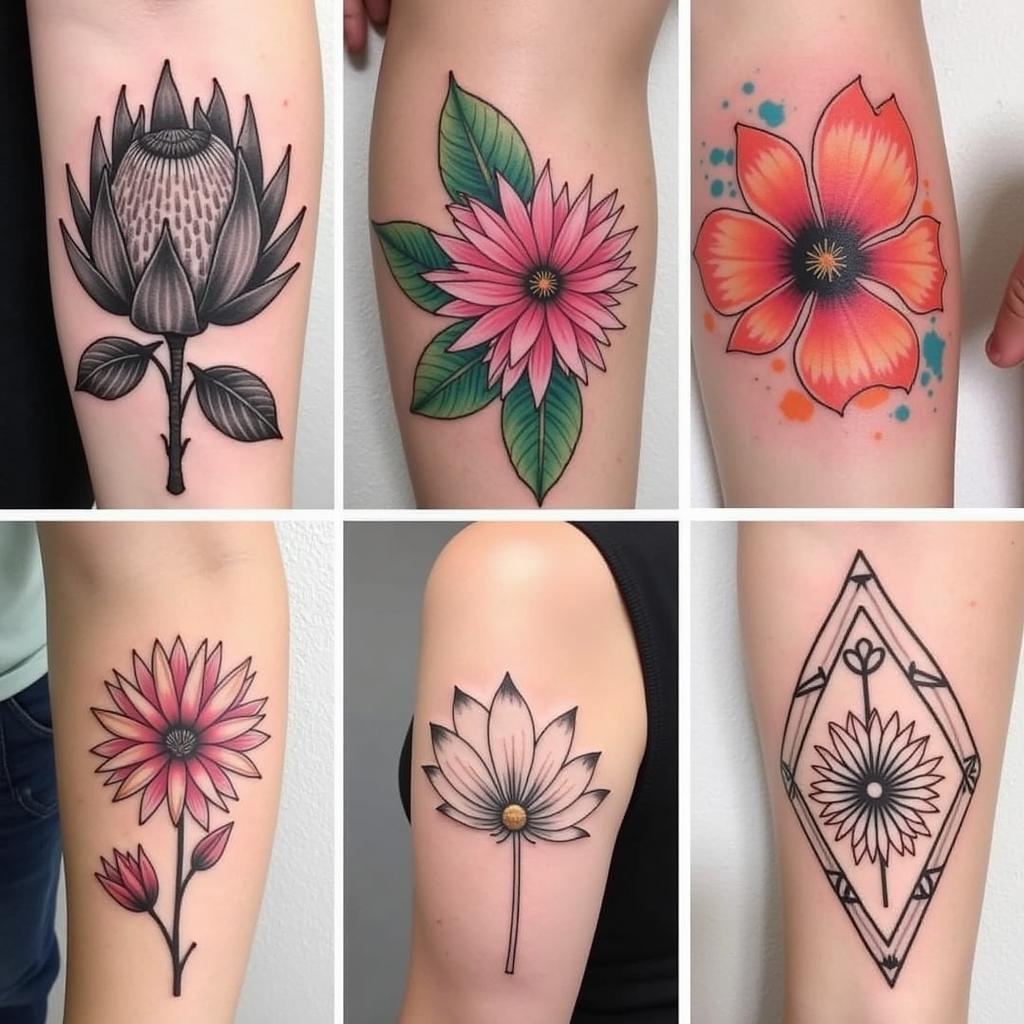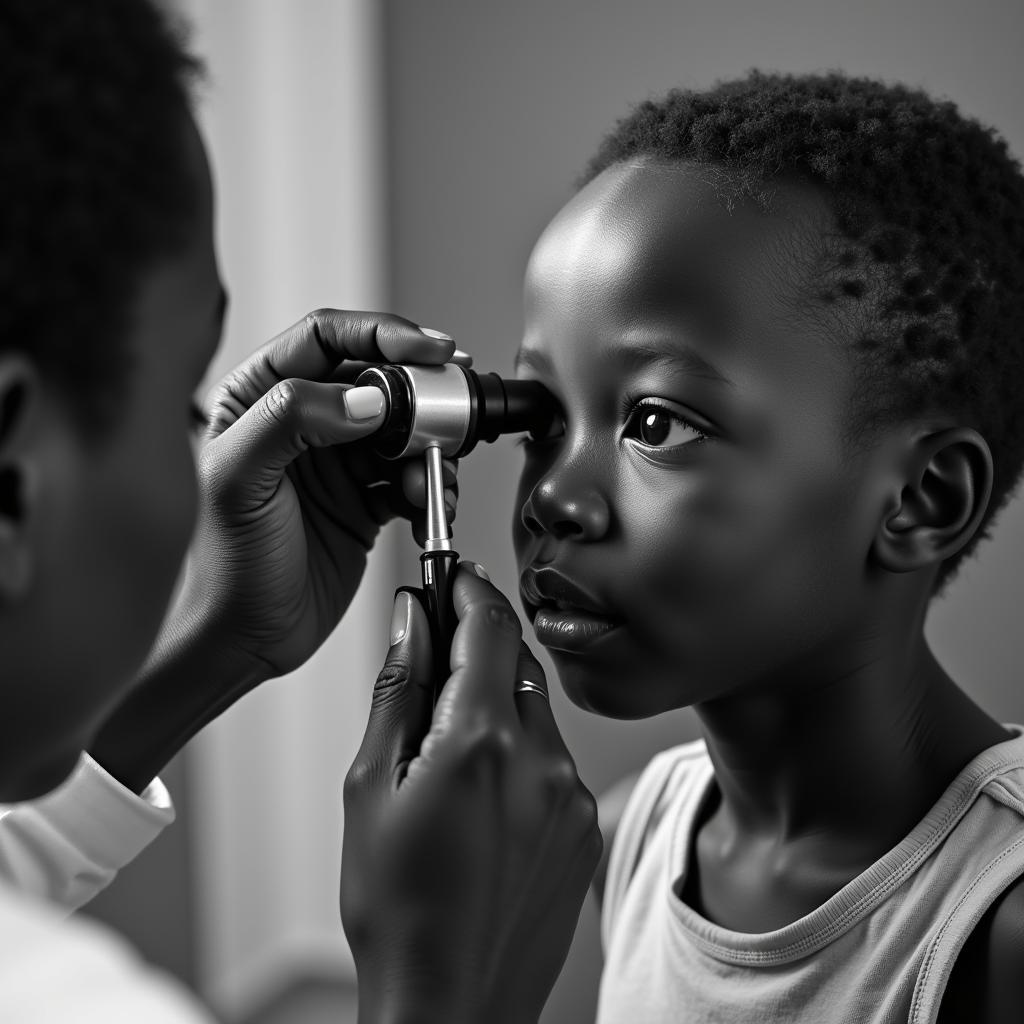African Elections: Democracy’s Facade?
Across the vast and diverse continent of Africa, elections are often touted as a cornerstone of democratic progress. Images of citizens queuing to cast their votes flood the media, accompanied by narratives of hope and change. However, beneath this veneer of democratic participation often lies a more complex and unsettling reality. Are African elections truly a reflection of the people’s will, or do they merely serve as a carefully constructed facade, masking deeper issues of power, corruption, and manipulation?
Unmasking the Illusion: When Elections Fall Short
The concept of “one person, one vote” holds immense power, promising a system where every citizen has an equal say in shaping their future. Yet, in many African nations, this ideal remains elusive. Elections are frequently marred by irregularities, ranging from voter intimidation and vote-rigging to the suppression of opposition voices and media censorship. These practices undermine the very foundation of democracy, eroding public trust and hindering genuine political representation.
 Ballot box stuffed with African currency
Ballot box stuffed with African currency
Moreover, the dominance of long-standing ruling parties, often wielding significant control over state resources and institutions, creates an uneven playing field that heavily favors incumbents. Opposition parties struggle to compete, facing financial constraints, limited access to media platforms, and in some cases, threats to their safety. This imbalance of power perpetuates a cycle where elections become a mere formality, failing to offer genuine alternatives or challenge the status quo.
Beyond the Ballot Box: The Broader Context
To fully comprehend the complexities of African elections, one must look beyond the immediate events of polling day. A myriad of factors contribute to the challenges faced by democratic processes on the continent. Poverty, illiteracy, and limited access to information hinder citizens’ ability to make informed choices. Ethnic and regional divisions are often exploited for political gain, fueling tensions and undermining national unity.
 African protesters demanding fair elections
African protesters demanding fair elections
Furthermore, external influences, such as foreign interference and the legacy of colonialism, continue to cast a long shadow over African politics. The scramble for resources, neo-colonial practices, and the support of authoritarian regimes by powerful nations undermine democratic values and stability.
“The international community must move beyond simply observing elections and take concrete actions to address the root causes that hinder democratic progress in Africa,” asserts Dr. Amina Omar, a renowned political analyst specializing in African governance. “This includes supporting civil society organizations, promoting good governance practices, and holding accountable those who undermine democratic processes.”
Navigating the Path Forward: Hope and Challenges
Despite the significant obstacles, it is crucial to acknowledge the progress made in some African nations. Countries like Ghana, Botswana, and Mauritius have demonstrated a commitment to democratic principles, holding regular, credible elections, and witnessing peaceful transitions of power. These success stories offer valuable lessons and inspiration for the entire continent.
 African woman casting her vote
African woman casting her vote
Ultimately, the future of democracy in Africa rests on the shoulders of its people. Empowering citizens through education, access to information, and strong civil society organizations is paramount. Holding leaders accountable, strengthening institutions, and promoting a culture of transparency and good governance are crucial steps towards ensuring that elections truly reflect the will of the people.
While the path towards genuine democracy in Africa remains long and arduous, the aspiration for a future where elections are a true testament to the power of the people remains a beacon of hope.



